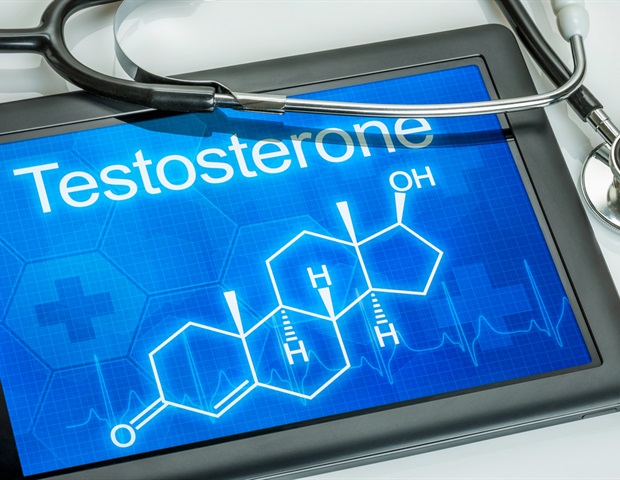Testosterone has long been linked to risk-taking, generosity, and competitiveness. But a new large-scale study – the biggest of its kind – finds that men given testosterone made the same economic choices as those given a placebo….

Testosterone has long been linked to risk-taking, generosity, and competitiveness. But a new large-scale study – the biggest of its kind – finds that men given testosterone made the same economic choices as those given a placebo….